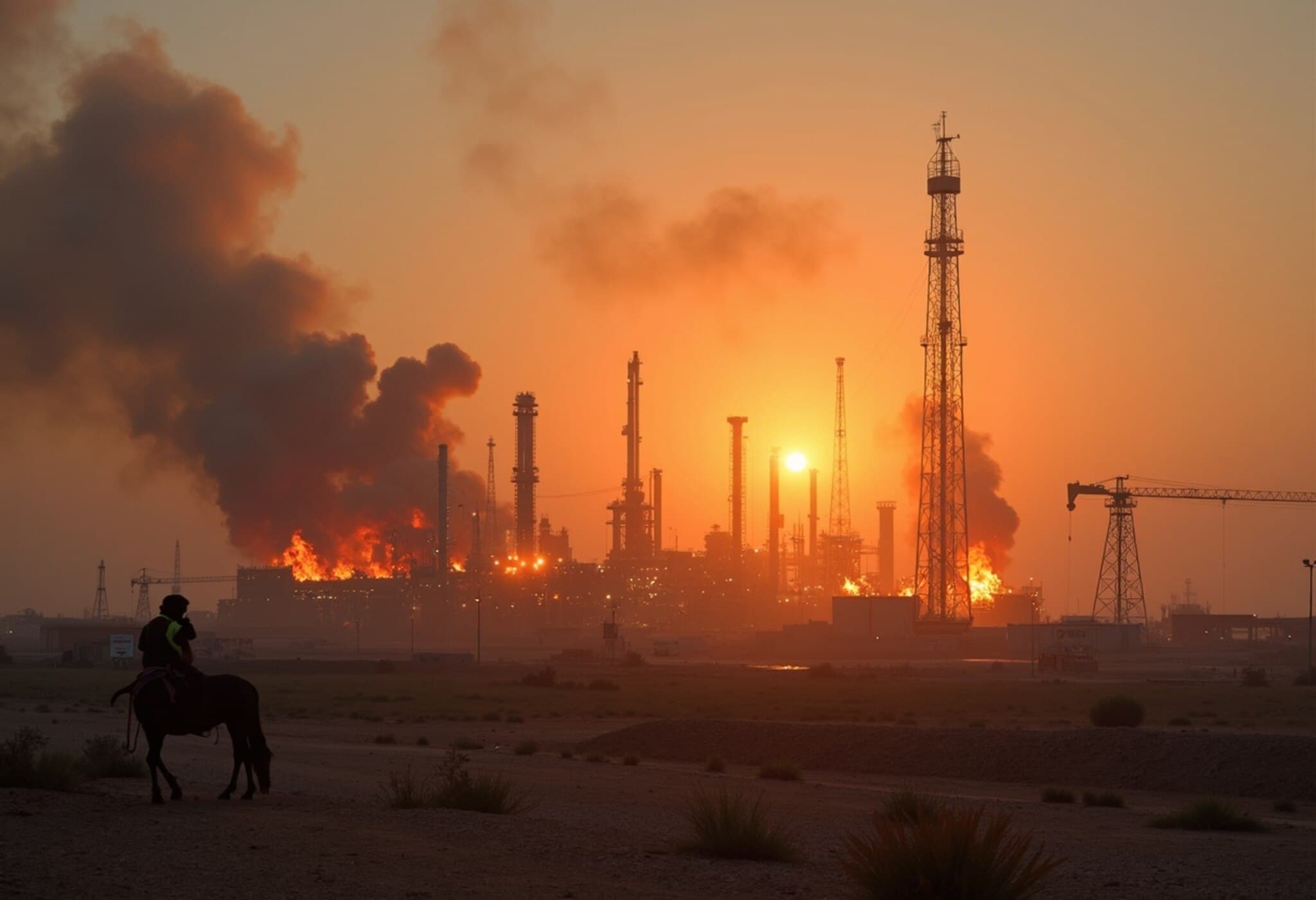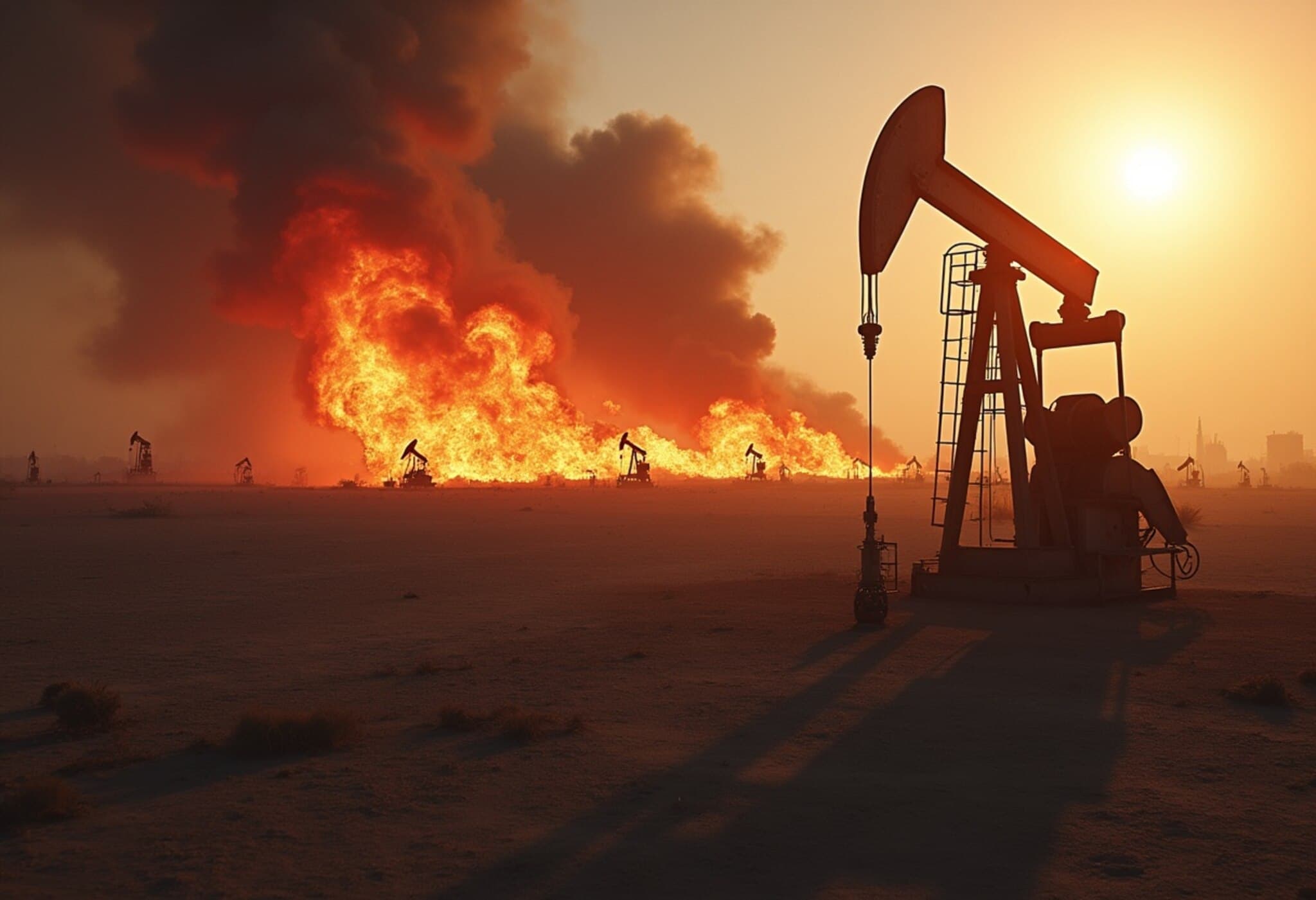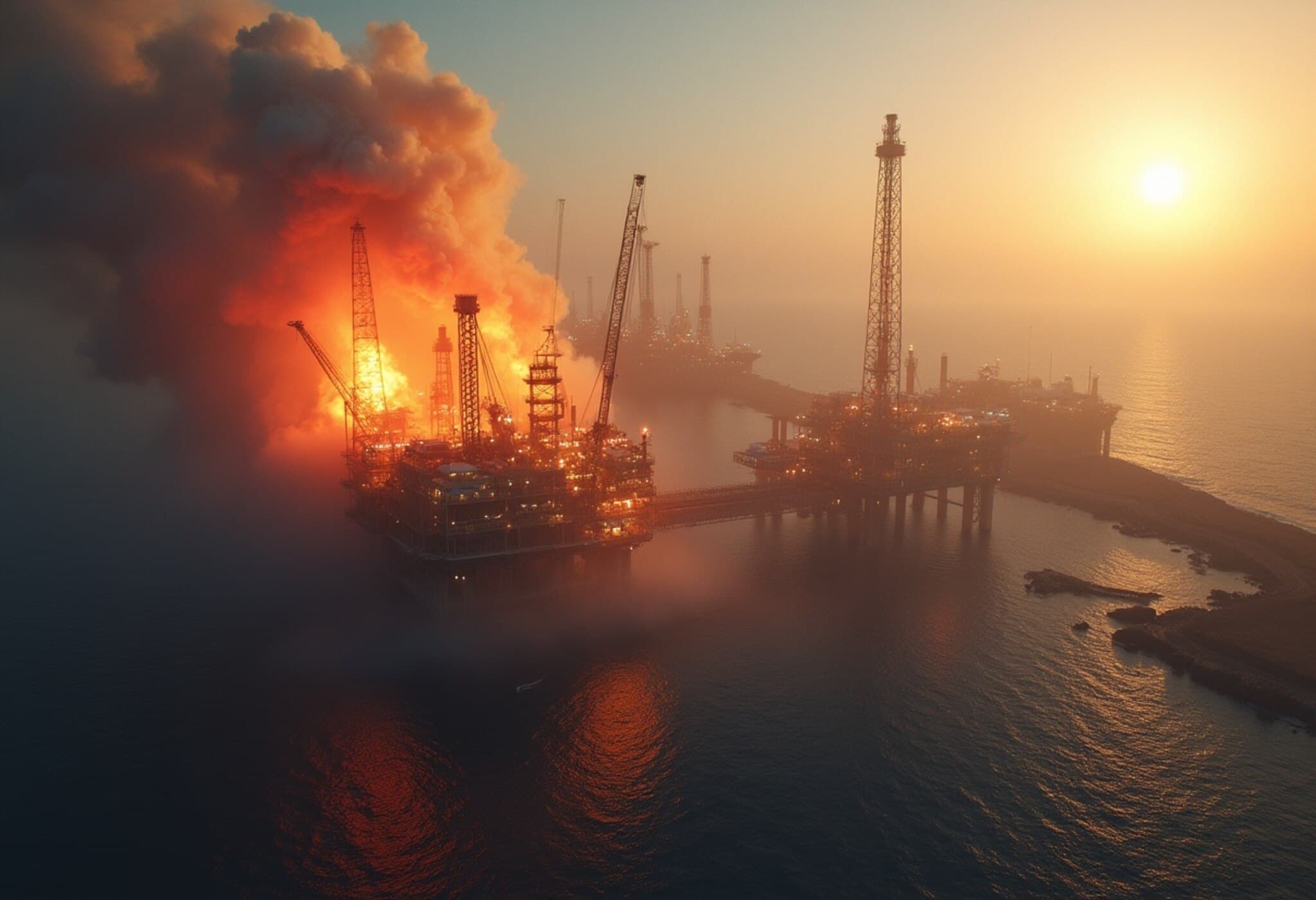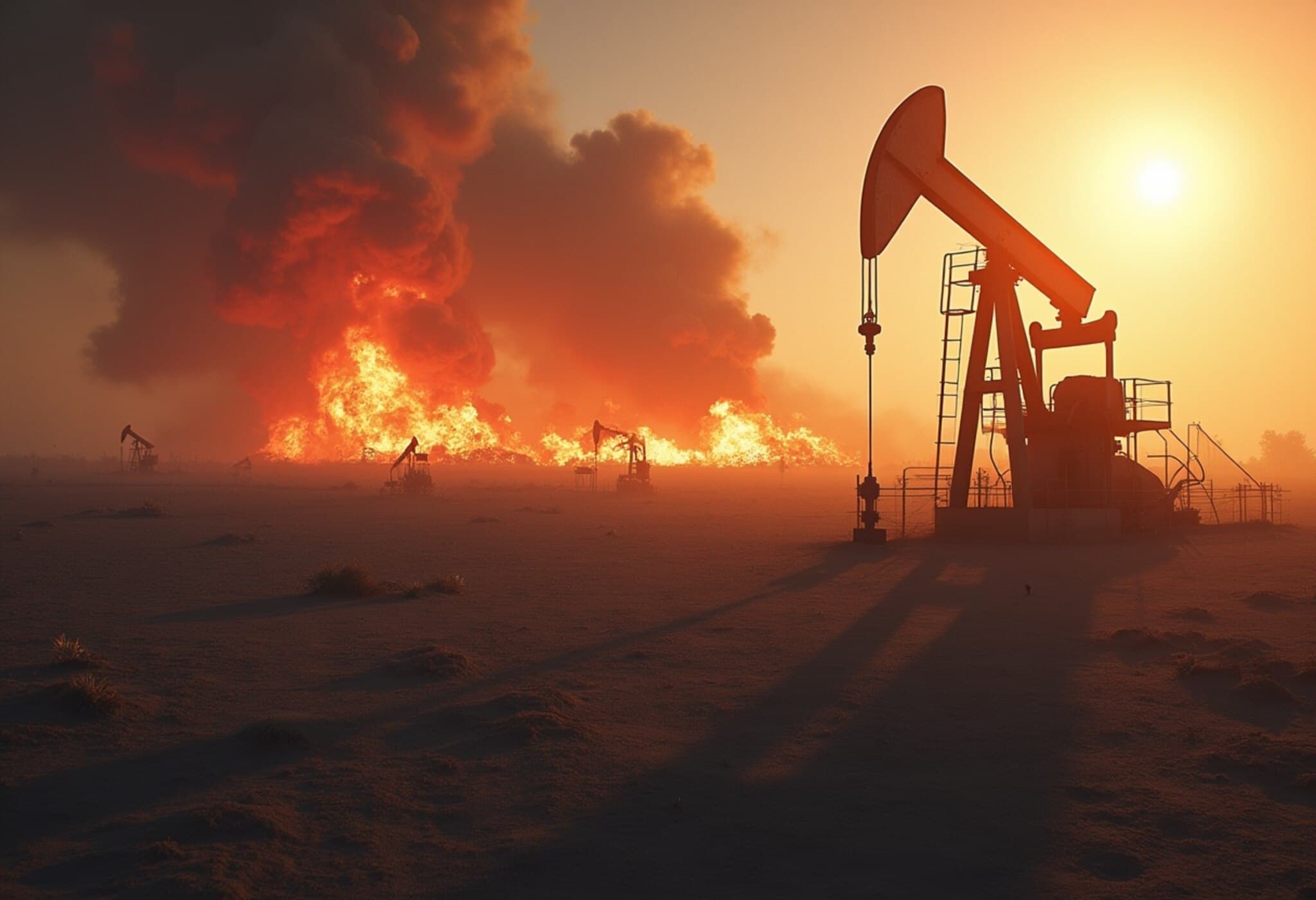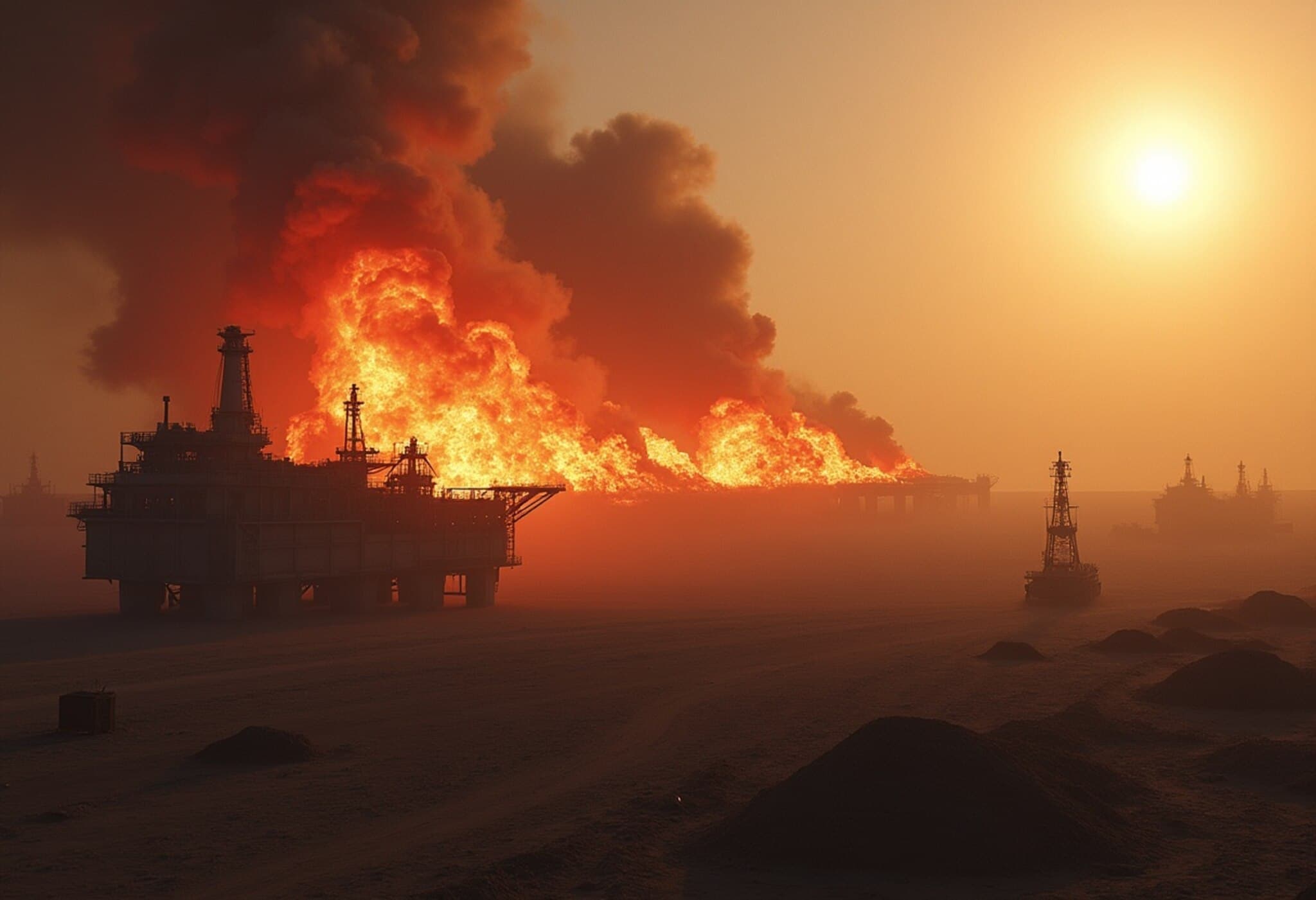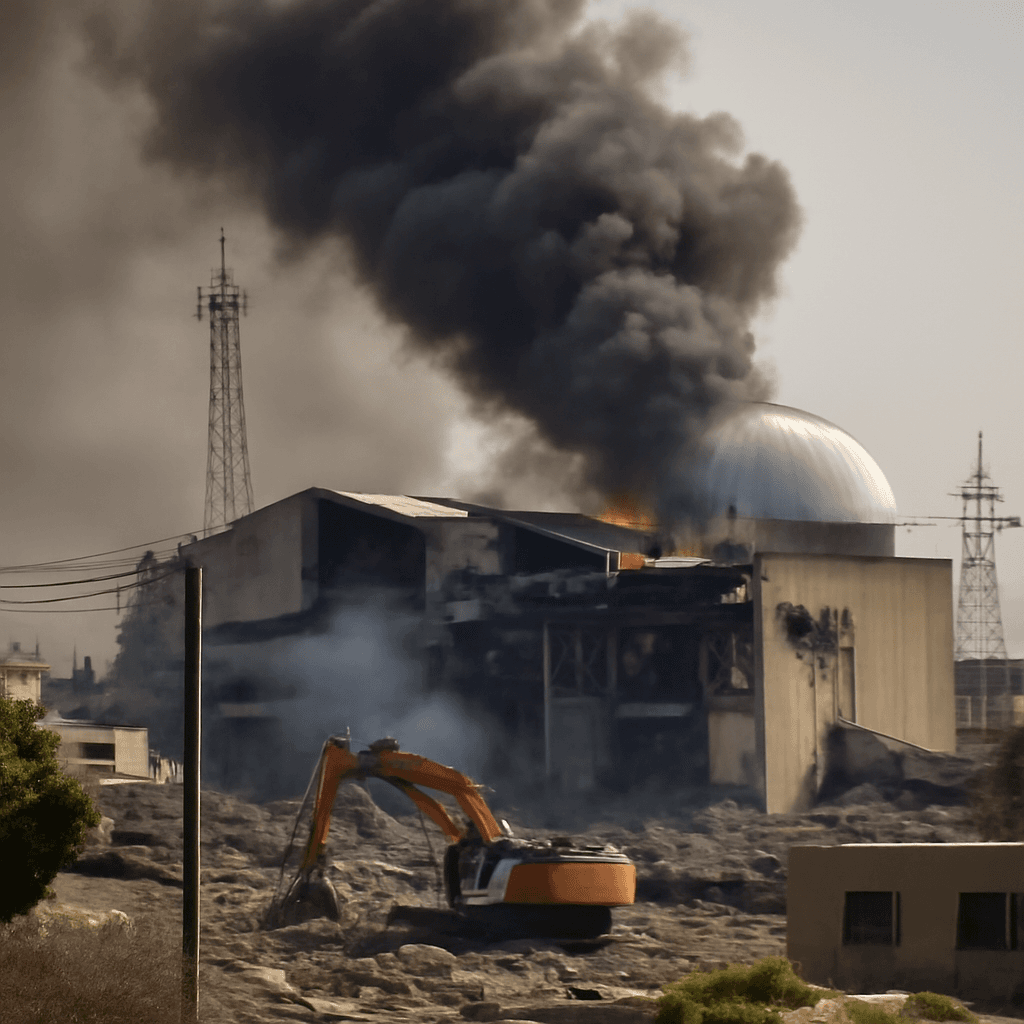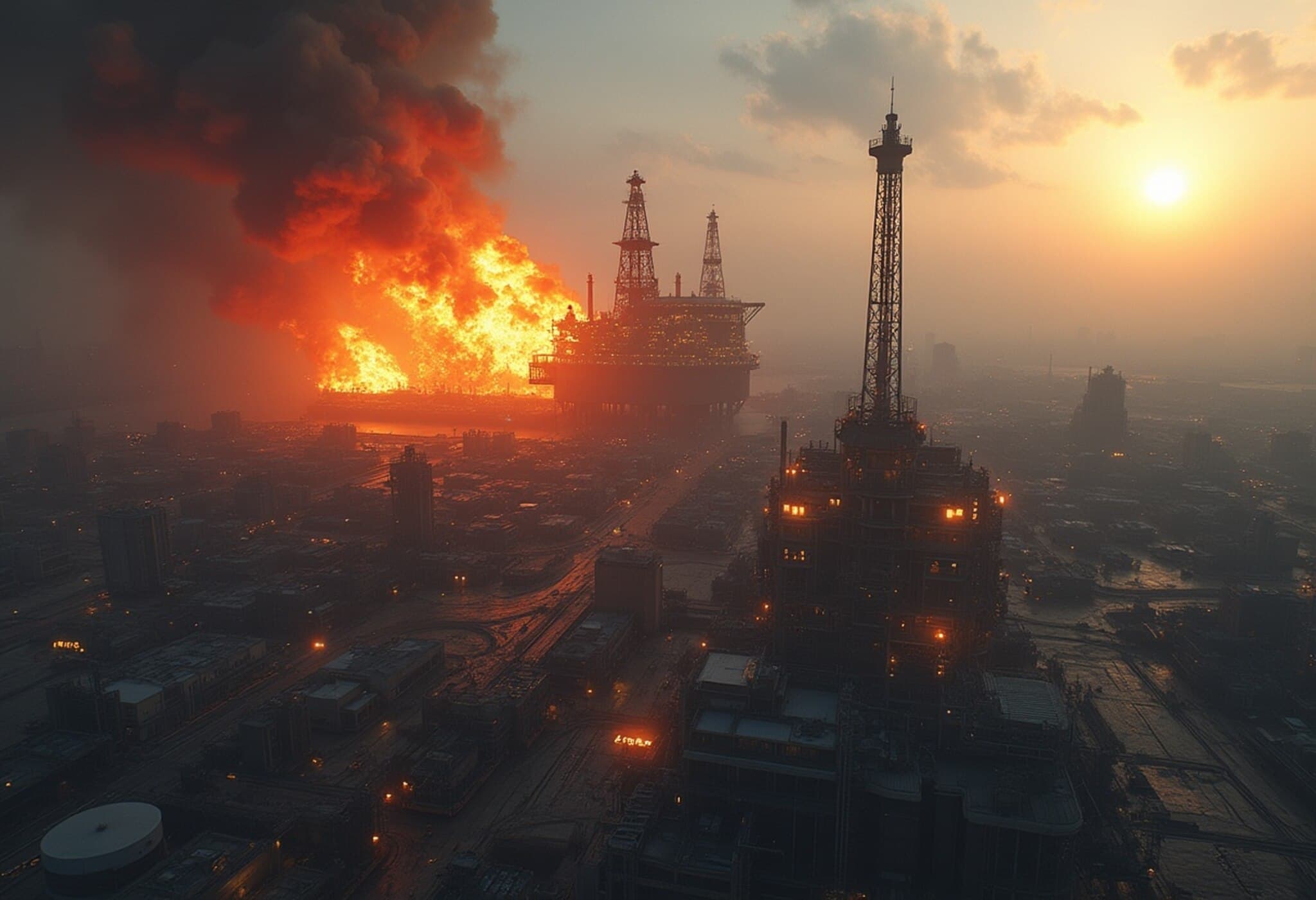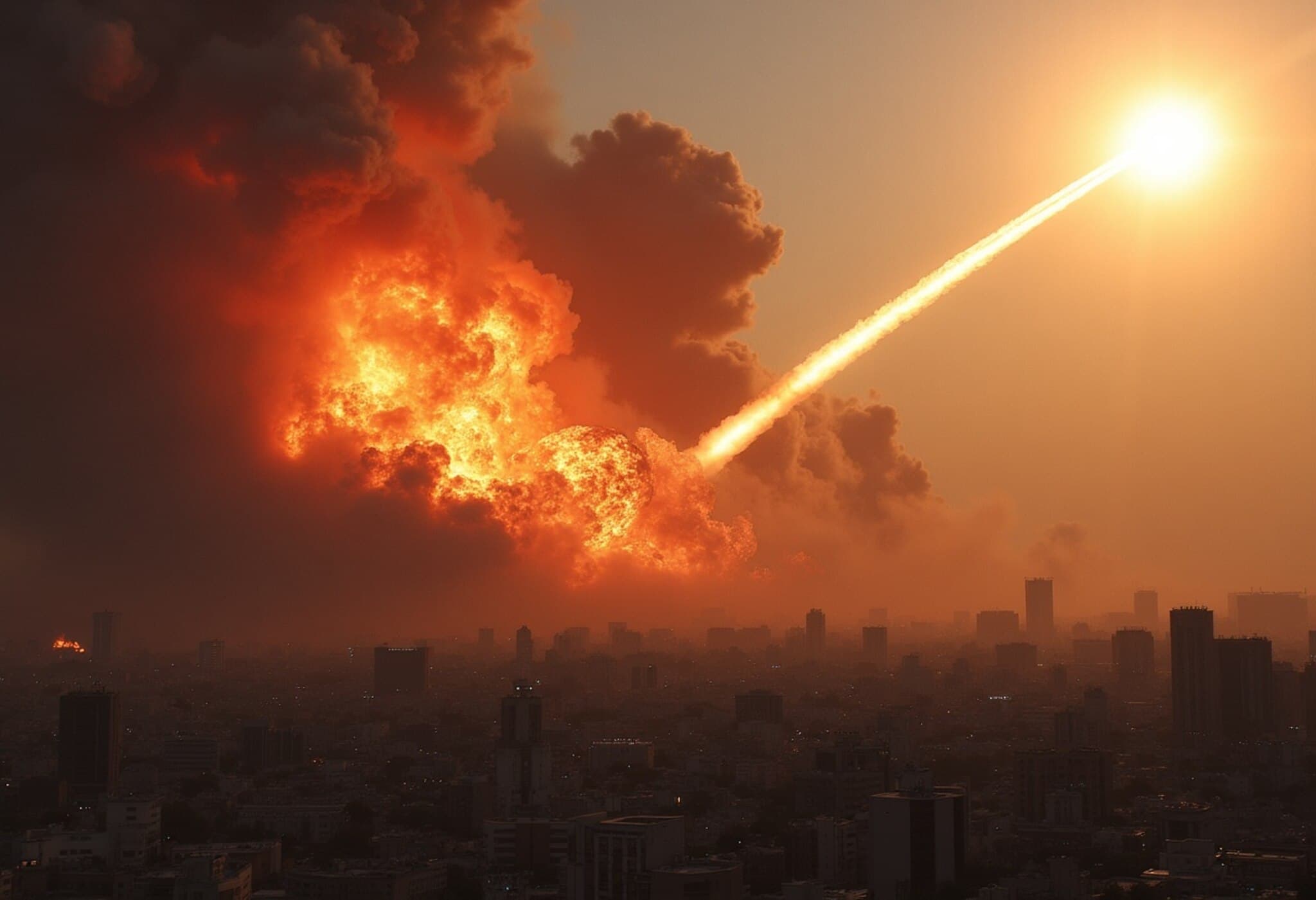Oil Markets React Strongly to Israeli Strikes on Iran
Crude oil prices surged dramatically on Thursday evening, with futures climbing as much as 13% amid escalating tensions in the Middle East. The sudden jump came after Israel launched a series of airstrikes targeting Iran’s nuclear and ballistic missile facilities, marking a significant escalation in regional conflict.
By the close of trading, U.S. benchmark crude had jumped 11.38% to $75.82 per barrel, while the global benchmark Brent rose 10.28% to $76.48 per barrel. These sharp increases reflect growing market fears of supply disruptions resulting from the military actions.
Details of the Israeli Operation
In a televised address, Israel’s Prime Minister stated that the country conducted a "targeted military operation" focused on Iran’s main nuclear enrichment site at Natanz, key nuclear scientists, and vital components of its ballistic missile program. The effort aims to dismantle what Israel views as an imminent threat.
“This operation will continue for as many days as it takes to remove this threat,” the Prime Minister declared, underscoring Israel’s commitment to neutralize the perceived dangers.
U.S. Response and Regional Tensions Intensify
While Israel moved forward with the strikes, the United States clarified it did not participate or support the attacks. The U.S. Secretary of State emphasized that the action was unilateral and warned Iran against retaliating, especially against U.S. personnel or assets.
“Our priority remains protecting American forces in the region,” the Secretary noted, affirming U.S. caution amid the unrest. Israel, meanwhile, declared a special state of emergency, preparing for anticipated missile and drone counterattacks from Iran.
Potential Impact and Market Concerns
The strikes have raised alarms about a possible Iranian retaliation that could target Israeli or American interests, potentially ushering in a broader military conflict. This scenario threatens global oil supply stability, heightening investor anxiety.
Energy market expert Andy Lipow pointed out the political ramifications for the U.S., stating, “Iran is well aware that U.S. leadership is focused on keeping energy prices low. Any disruption in Middle Eastern oil supply pushing prices higher could have serious political consequences.”
Previously, oil markets seemed impervious to geopolitical risks over the past year, but analysts now describe the current situation as a “wake-up call” indicating that these dangers are both real and immediate.
Saul Kavonic, head of energy research, warned, “While retaliation is expected, it risks escalating beyond control, unintentionally igniting a broader conflict.” He also highlighted how the strikes could embolden hardline factions within Iran, increasing tensions further.
Looking Ahead
As the dust settles on a volatile day, energy markets remain on edge, closely watching for signs of retaliation and potential disruption to oil flows. The coming days will be critical in determining whether this confrontation escalates or de-escalates.
This article provides a comprehensive overview of the unfolding Middle East conflict and its immediate impacts on global energy markets.


